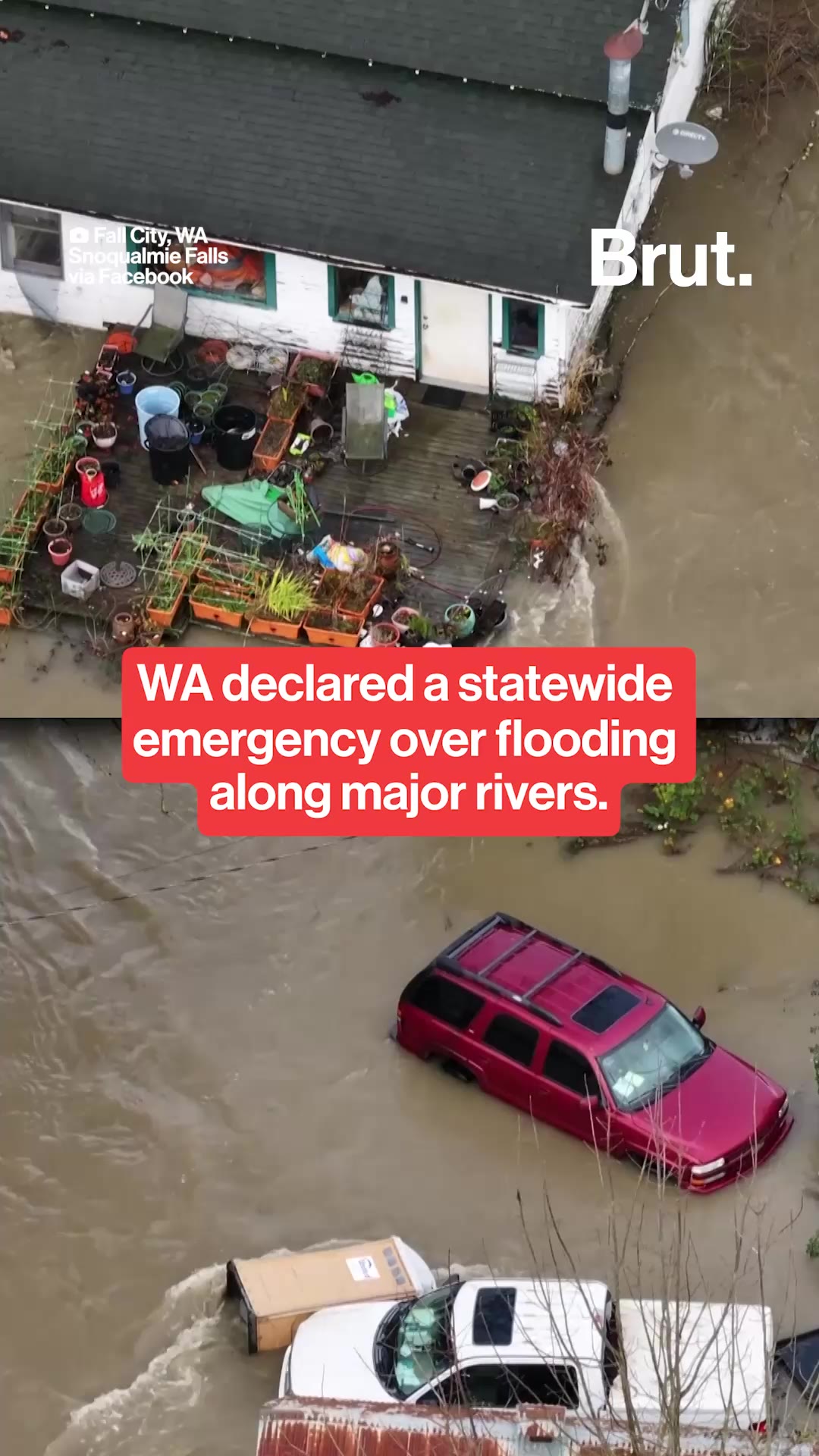Retracing the Painful Past at an Internment Camp
Redress and Remembrance for Internees Life at Heart Mountain
Ken Kitajima has returned to Heart Mountain — the internment camp where he and other Japanese Americans were forced to live nearly 80 years ago. This time, he’s traveled to rural Wyoming with his grandkids to retrace a painful period in their family history. Kitajima was 12 when the U.S. government forced his family to leave their home in Campbell, California. As a child, Kitajima didn’t understand what was happening — he first saw it as an escape from bullying at school.
During World War II, people of Japanese descent from Oregon, Washington and California were incarcerated at the Heart Mountain Relocation Center in Park County, Wyo., as the result of an executive order of President Franklin Roosevelt. Residents were at the camp from Aug. 12, 1942 to Nov. 10, 1945, two months after the end of the war with Japan. When the camp was at its largest, it held more than 10,000 people, making it the third largest town in the state. When the people first arrived, a barbed-wire fence to surround the camp was not yet complete. The internees protested the construction of this barrier and caused further work to be delayed. In November 1942, they submitted a petition containing 3,000 signatures to WRA Director Dillon Meyer.
Nearly 120,000 Japanese Americans were imprisoned in these camps during World War II. At the end of 1942, the Kitajima family was transferred to an internment camp in Colorado where they lived until August 1945. Kitajima went on to serve in the U.S. Air Force as a surgical nurse during the Korean War. Despite what was done to his family, Kitajima says he doesn’t hold resentment. But he is sharing what life was like in the camps with his grandkids, so history isn’t forgotten.
Brut.
Retracing the Painful Past at an Internment Camp
Redress and Remembrance for Internees Life at Heart Mountain
Ken Kitajima has returned to Heart Mountain — the internment camp where he and other Japanese Americans were forced to live nearly 80 years ago. This time, he’s traveled to rural Wyoming with his grandkids to retrace a painful period in their family history. Kitajima was 12 when the U.S. government forced his family to leave their home in Campbell, California. As a child, Kitajima didn’t understand what was happening — he first saw it as an escape from bullying at school.
During World War II, people of Japanese descent from Oregon, Washington and California were incarcerated at the Heart Mountain Relocation Center in Park County, Wyo., as the result of an executive order of President Franklin Roosevelt. Residents were at the camp from Aug. 12, 1942 to Nov. 10, 1945, two months after the end of the war with Japan. When the camp was at its largest, it held more than 10,000 people, making it the third largest town in the state. When the people first arrived, a barbed-wire fence to surround the camp was not yet complete. The internees protested the construction of this barrier and caused further work to be delayed. In November 1942, they submitted a petition containing 3,000 signatures to WRA Director Dillon Meyer.
Nearly 120,000 Japanese Americans were imprisoned in these camps during World War II. At the end of 1942, the Kitajima family was transferred to an internment camp in Colorado where they lived until August 1945. Kitajima went on to serve in the U.S. Air Force as a surgical nurse during the Korean War. Despite what was done to his family, Kitajima says he doesn’t hold resentment. But he is sharing what life was like in the camps with his grandkids, so history isn’t forgotten.
Brut.













